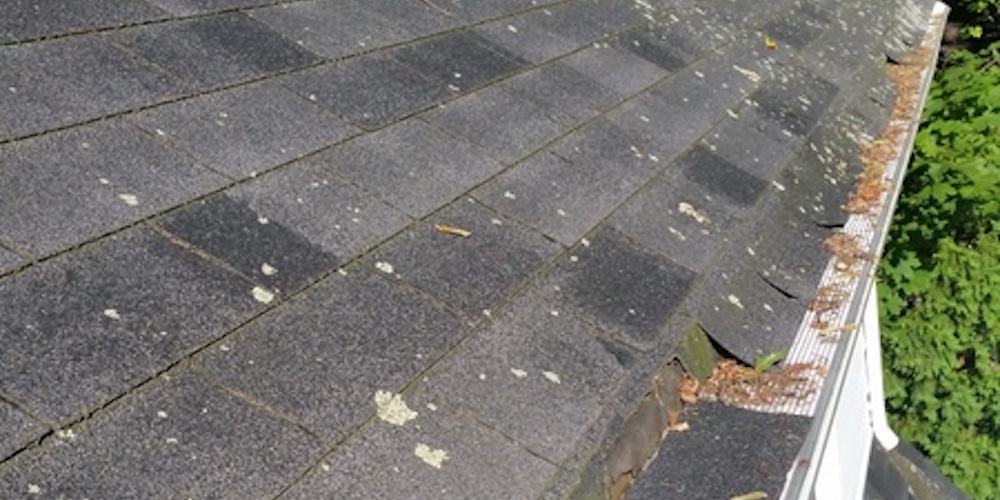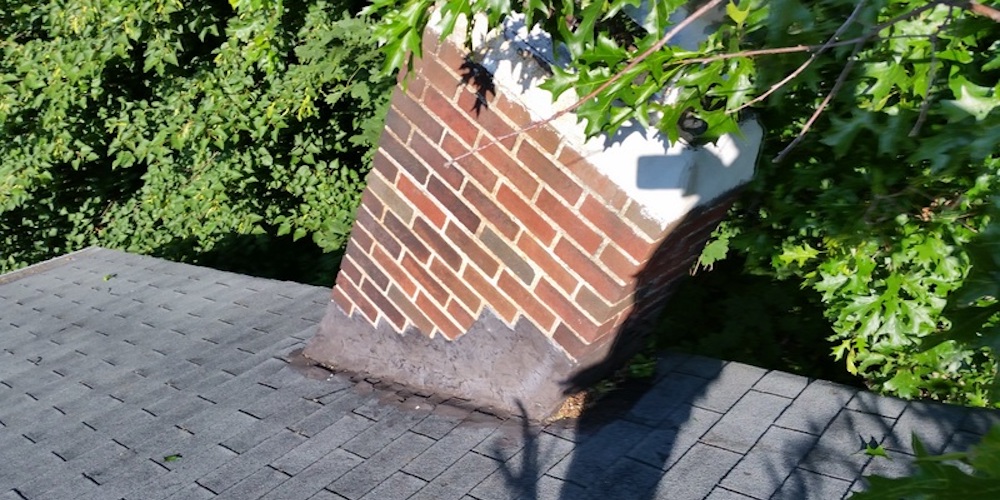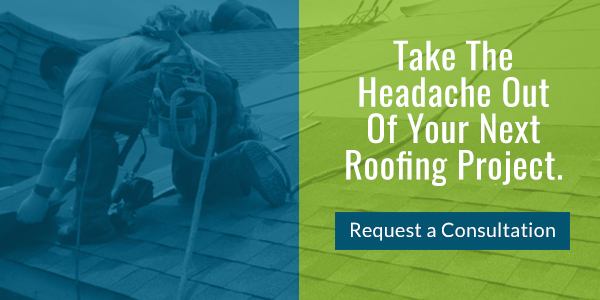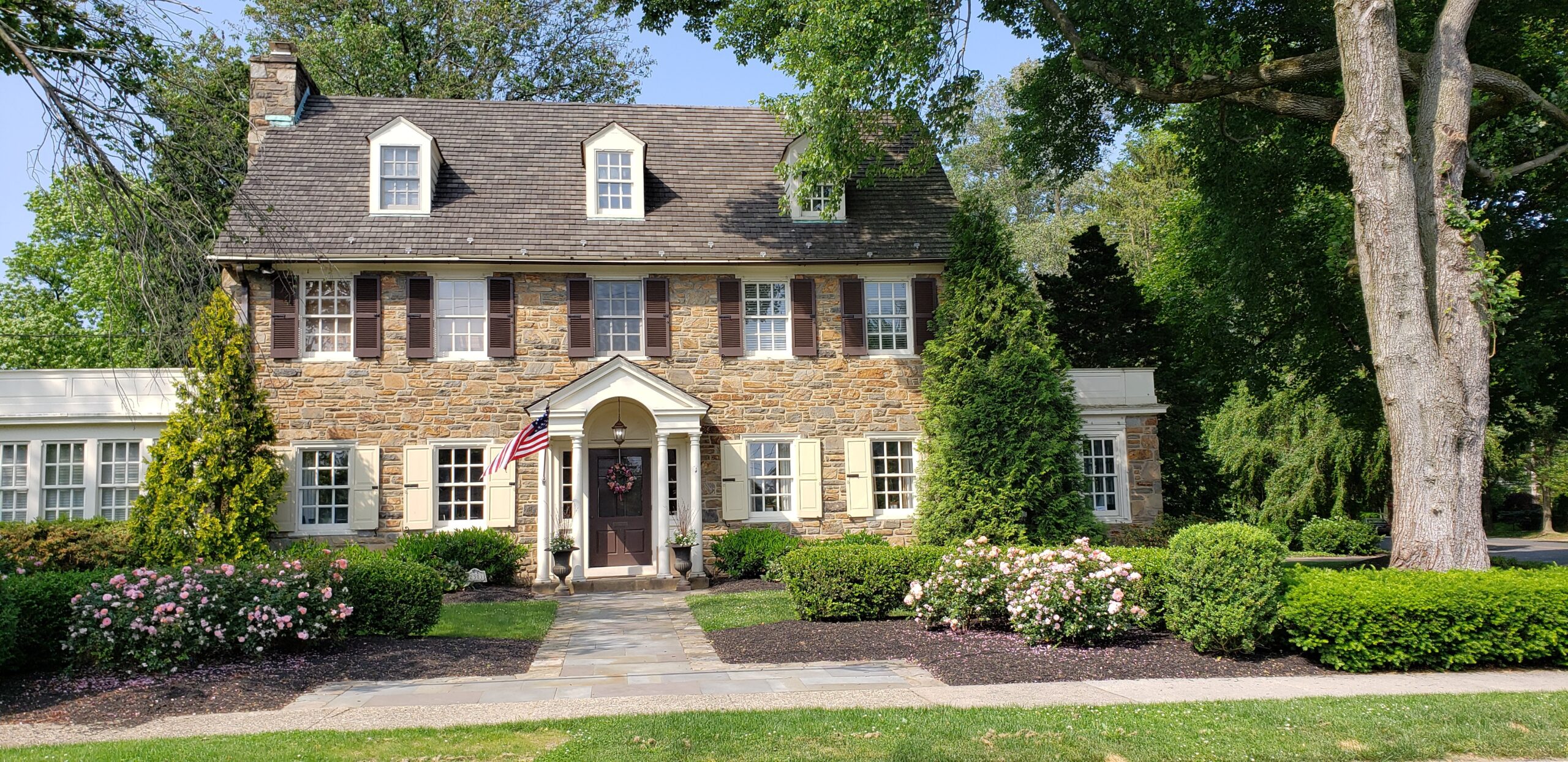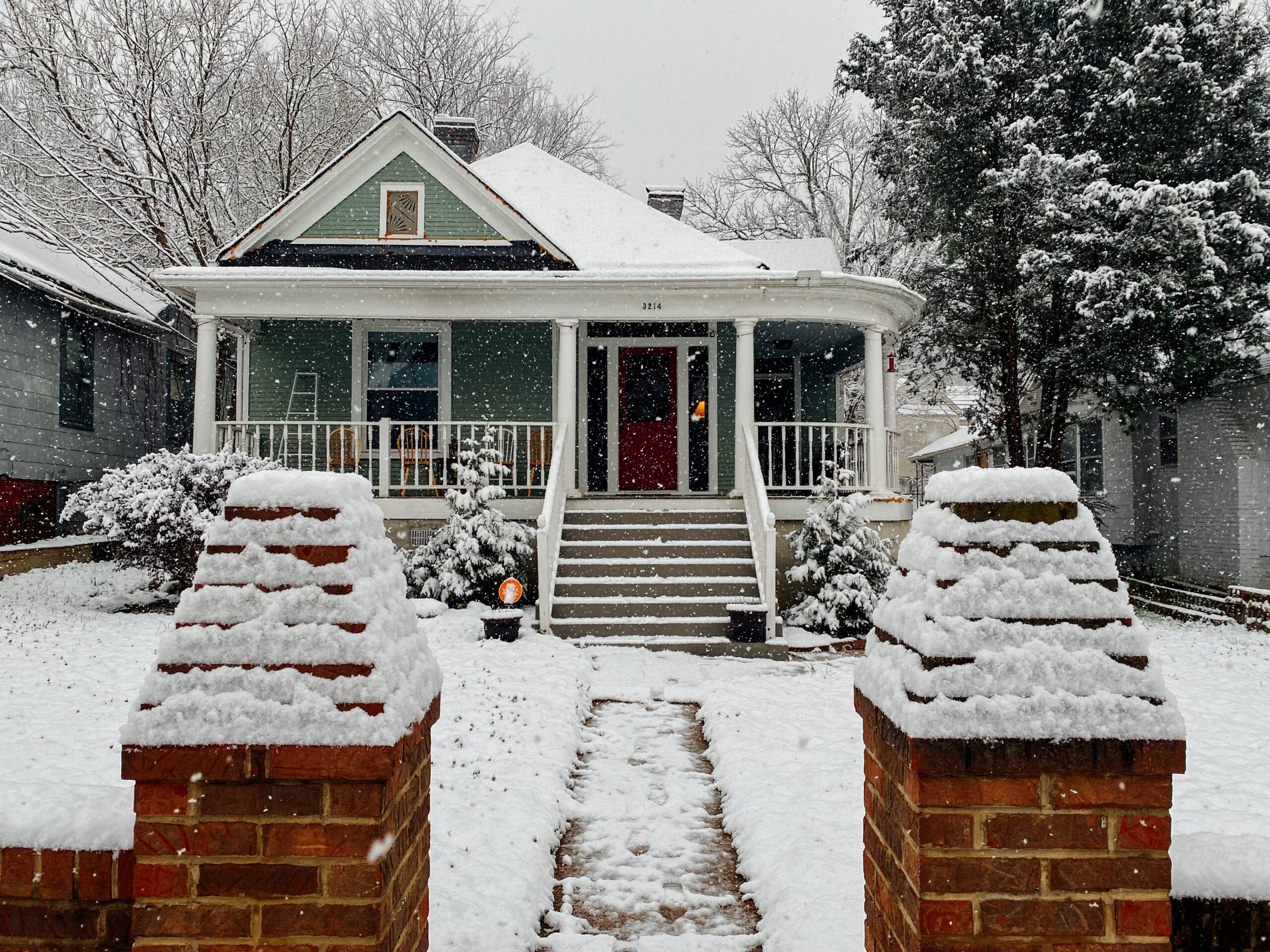When you get a new car, it’s natural to give it a lot of TLC. That’s understandable because you want to retain that “like new” look and feel for as long as possible.
Unfortunately, new roofs are often treated differently. There’s an understandable tendency to think that a new roof means you’re all set for years to come.
However, to get the best performance from your new roof and to potentially extend its life, you’ll want to attend to general and seasonal maintenance from year one. Treat your new roof like you’d treat a new car, and you’ll save time and money long-term.
You’ll also minimize the odds of your new roof leaking. You take care of anything else in your life, don’t forget about your roof!
Seasonal Tips
It is ideal to inspect your roof twice a year – once in the fall and once in the spring. Additional inspections are appropriate when particularly severe storms hit.
1. Fall inspection
A fall inspection reveals possible wind and storm damage that occurred during the summer months. It also provides an opportunity to prepare for the winter to come. A fall inspection reveals:
- Torn, missing or damaged shingles
- Bent, damaged or missing flashing
- Damage to other roof components
- Leaves clogging gutters and downspouts
If high winds loosen a flashing or tear shingles from the roof, it is crucial to make repairs before winter’s snow and ice increase the potential for leaks. Falling leaves that clog gutters and downspouts can cause a host of problems, particularly in northern states like New Jersey.
2. Spring inspection
Every spring, it is important to inspect your roof for damage incurred during the difficult winter months. A spring inspection reveals:
- Flashings and other roof components damaged by ice dams
- Shingles damaged or blown away by high winds
It’s always possible that ice dams have damaged flashings or roof components along the roof line.
3. Special inspections
Sometimes, high winds and severe storms may leave you wondering if your roof survived unscathed. The chance of a new roof leaking increases when the worst storms strike.
Therefore, consider scheduling a special roof inspection after an extreme weather event. Even if there is no roof damage, the inspection is worth the peace-of-mind it will give you.
The good news is that, given proper installation, modern architectural shingles will often withstand the unpredictable weather in New Jersey.
General Tips
Asphalt shingles are popular in New Jersey for many reasons. For example, they typically remain pliable and flexible through endless freeze-thaw cycles, heavy snow accumulations and ice dams.
However, it’s always important to remain on guard for signs of damage or deterioration. In general, you’ll want to arrange for periodic inspections to minimize the chance of your new roof leaking.
There’s no better way to do this than through scheduled inspections by a certified roof inspector who can note:
1. Damaged shingles, flashings and other roof components. It is important to realize that a single missing or damaged flashing may allow water to intrude into your home. Undetected, the problem may lead to stained walls, softened drywall, rotting wood framing and even mold.
2. Clogged gutters. This issue may lead to ice dams that can drive moisture up and under shingles.
3. Holes. Occasionally, even a new roof can leak due to small or large holes. For example, a large branch or other wind-blown debris can puncture the roof. Raccoons, squirrels and other critters can also cause a surprising amount of damage on occasion. A misplaced fastener may also leave a tiny hole.
4. Evidence of substandard installation by a previous contractor. Mistakes with fasteners, flashings and caulking may occur. Workmanship around chimneys, skylights and other protrusions is not always what it should be. Problems with the installation of felt, underlayment and other roof components may also result in a leaky roof.
5. Issues not directly related to the roof. Cracked chimney crowns and dried-out rubber seals around skylights may cause a leak. Trees branches growing over a roof will blow causing damage to the shingle and flashing.
6. Developing issues. Regular roof inspections by trained professionals also alert you to developing issues that will need to be addressed in the future. Roof components might still be performing well even though they are showing preliminary signs of aging. In the winter, water can get into hairline cracks that expands as it freezes.
Again, regular roof inspections reveal evidence of damaged shingles and other roof components. It is often possible to selectively replace the bad shingles at relatively modest cost before your new roof is leaking. The trick is to identify problems before complications arise.
Contact Us for Assistance
Since 1977, CRS has attended to the roofing needs of New Jersey homeowners. We’d welcome the opportunity to apply our years of professional experience to your roofing issue, whatever it might be.
We are a full-service roofing contractor serving Bergen County NJ and surrounding areas. Look to us for regular and emergency roof inspections, insurance work, minor and major repairs, re-roofing and complete roof replacements.
Please contact us today to arrange for a complimentary consultation. Upon your request, we’ll send a certified roof inspector to your property to evaluate every aspect of your roof system.

